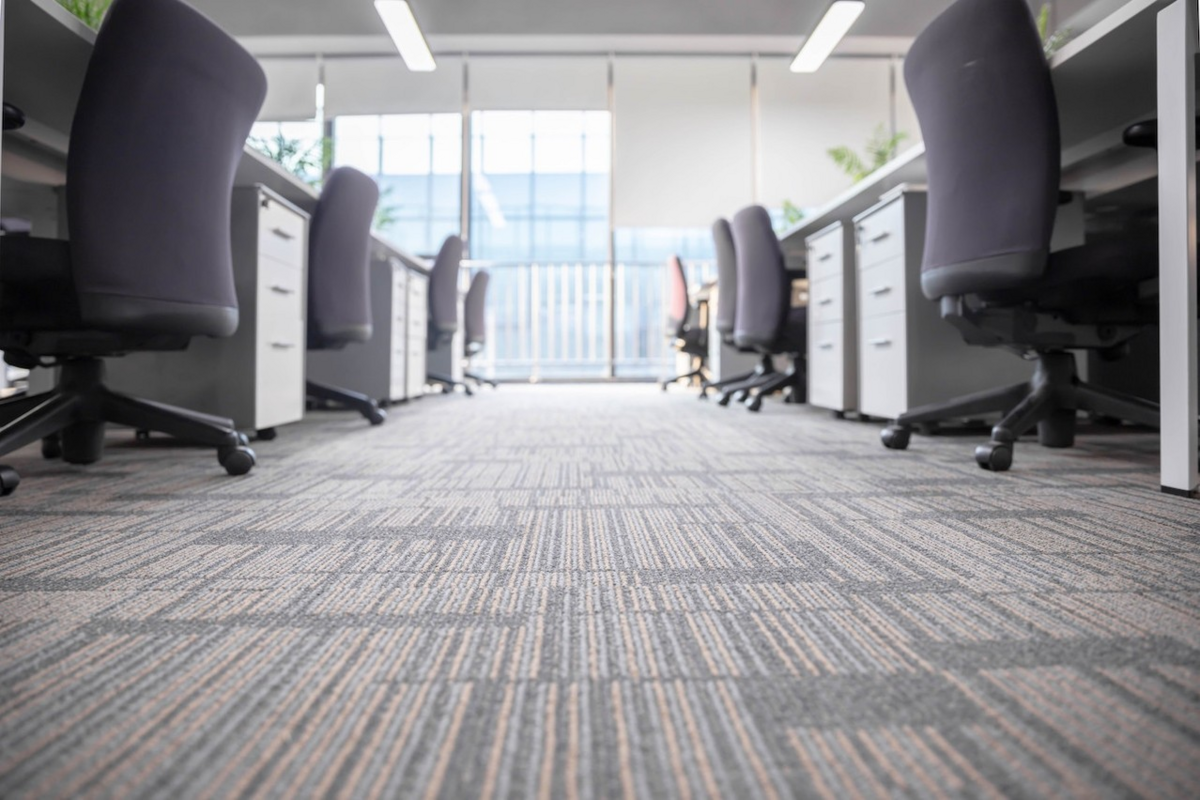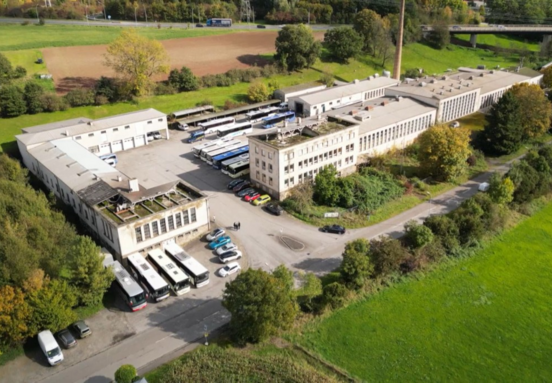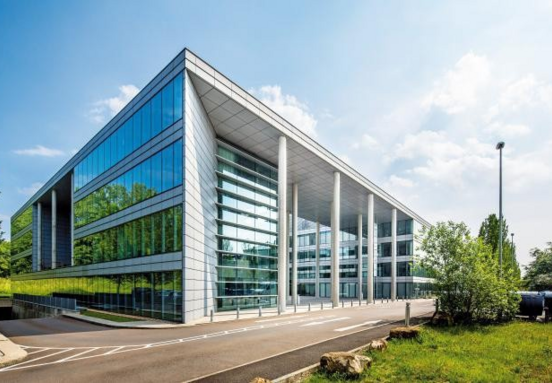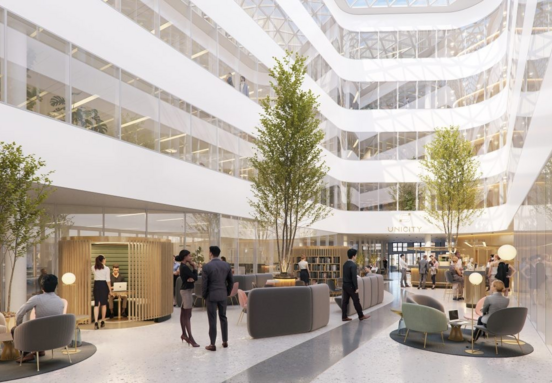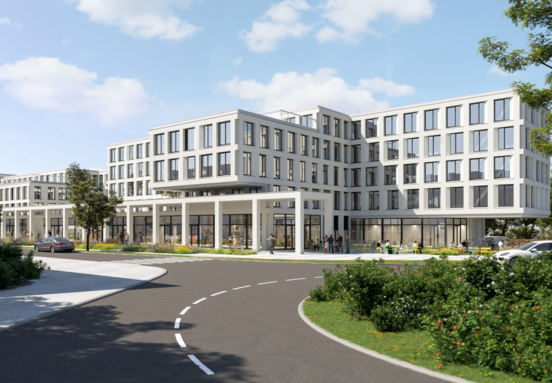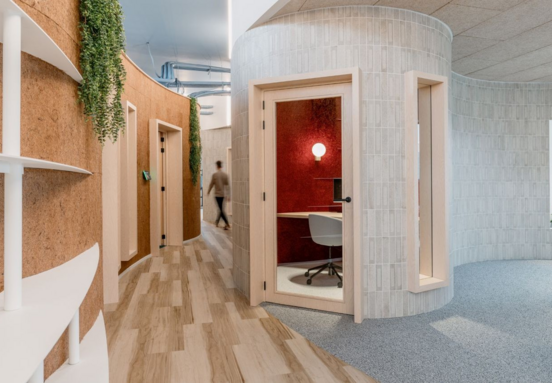In a significant development for Luxembourg's commercial real estate market, two of the "Big Four" professional services firms, PwC and Deloitte, are closing their satellite offices in Belval.
This move, driven by insufficient usage and low occupancy rates over the past three years, offers crucial insights for businesses contemplating their own office space strategies.
The Belval experiment: why big four firms are pulling back
Opened in the wake of the COVID-19 pandemic, these satellite offices in Belval were designed to provide flexible working environments outside the bustling Luxembourg-Ville.
The primary aim was to reduce commute times for employees, especially the significant number of cross-border workers, by offering convenient local hubs. However, the experiment revealed unexpected challenges.
Key dates and locations
PwC is slated to close its Belval site on December 1st, 2025. While withdrawing from Belval, the firm maintains its commitment to the broader concept, retaining other satellite offices in Pétange and Dudelange, and actively seeking more strategically aligned locations. Deloitte will follow suit, closing its Drock office in Belval on December 5th, 2025.
Challenges of the satellite office model: lessons for businesses
The closures underscore several key challenges inherent in the satellite office model, particularly relevant for businesses considering flexible workspace solutions:
Persistent home working: Despite the availability of satellite offices, a strong preference for working from home has remained, impacting physical office attendance.
Profitability of intermittently used spaces: It proved difficult to optimize and profit from smaller office spaces that were only used intermittently by employees.
Location perception: Belval's perceived "ex-centric" location may have contributed to its underutilization, highlighting the critical importance of accessibility and desirability in office location choices.
Beyond Belval: the future of flexible office spaces in Luxembourg
Despite these specific closures, both PwC and Deloitte have explicitly affirmed their continued commitment to the broader satellite office concept. This indicates a strategic re-evaluation rather than a complete abandonment of flexible working solutions. For businesses searching for office or warehouse space in Luxembourg, this trend signals a dynamic and evolving commercial real estate landscape.
Businesses should consider these factors when planning their own office footprint:
The true demand for in-office presence versus remote work capabilities.
The strategic value and accessibility of a location for their specific workforce.
The flexibility and cost-effectiveness of various office models, from traditional leases to co-working or hybrid solutions.
The Luxembourg market continues to adapt, offering opportunities for businesses to secure spaces that align perfectly with modern work demands and employee preferences.
Source: paperjam.lu
